mozambique
Postes avec la étiquette mozambique
Archives
Auteur
- administrador
- adrianabarbosa
- Alícia Gaspar
- arimildesoares
- camillediard
- candela
- catarinasanto
- claudiar
- cristinasalvador
- franciscabagulho
- guilhermecartaxo
- herminiobovino
- joanapereira
- joanapires
- keitamayanda
- luisestevao
- mariadias
- marialuz
- mariana
- marianapinho
- mariapicarra
- mariaprata
- martacacador
- martalanca
- martamestre
- nadinesiegert
- Nélida Brito
- NilzangelaSouza
- otavioraposo
- raul f. curvelo
- ritadamasio
- samirapereira
- Victor Hugo Lopes
Data
- février 2026
- janvier 2026
- décembre 2025
- novembre 2025
- octobre 2025
- septembre 2025
- août 2025
- juillet 2025
- juin 2025
- mai 2025
- avril 2025
- mars 2025
Étiquettes
- 'Afro-Atlantic Catholics: America’s First Black Christians'
- afropolis
- Bienal de Arte e Cultura de São Tomé e Príncipe
- design
- Estado Novo
- Fantasmas do Império
- Fénix
- hosni moubarak
- Kwame Gamal
- Leandro Nerefuh
- lia pereira
- Materiais diversos
- movimento
- polícia
- religiao
- solidariedade
- SOS Racismo
- Teatro Nacional D. Maria II
- Theatre
- visita guiada
Les plus lus
- Ateliê Mutamba, Luanda
- Palestras na Nova FCSH
- Nós Estamos Contigo na Casa
- ESTREIA DE OURO NEGRO
- "Colonialismo vs. Descolonização", de Maria Clara Anacleto e Raquel Ascensão
- Set-up: Podcast sobre dança contemporânea portuguesa anuncia terceira temporada
- A língua portuguesa em Angola
- Visitas Participadas | Coletivo Tributo aos Ancestrais PT | janeiro a junho 2026
- Historiador apresenta livro sobre o 25 de Novembro em Faro
- PISA NO CHÃO DEVAGAR: Workshop com Joana Levi
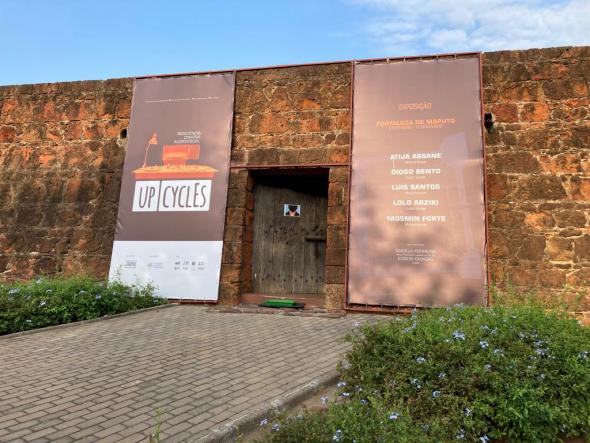
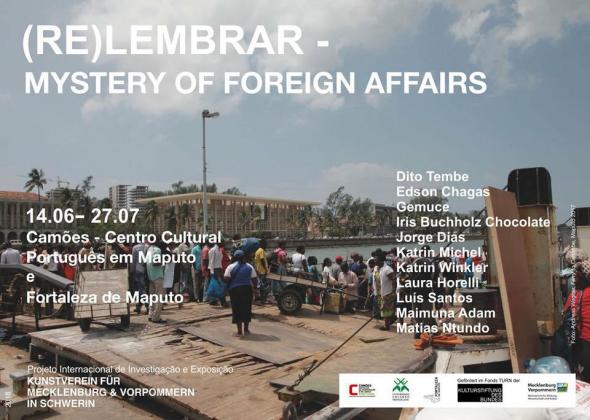

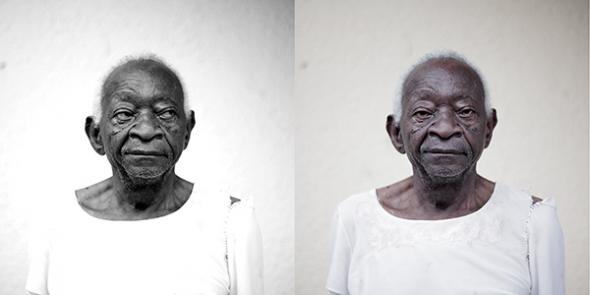 On display this month at the
On display this month at the 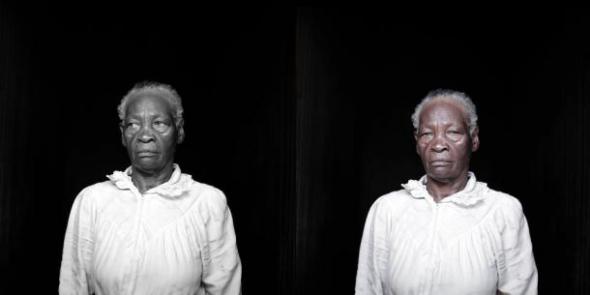
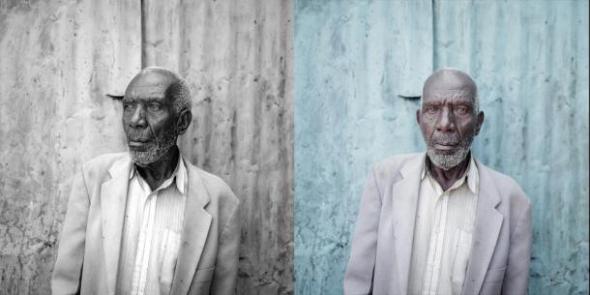
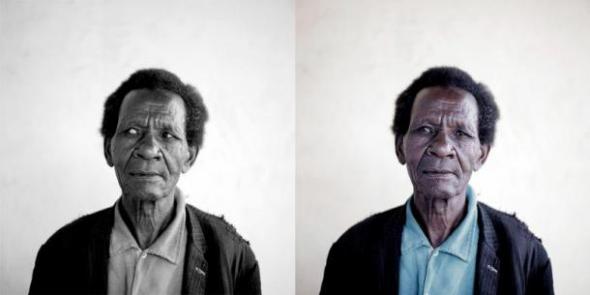
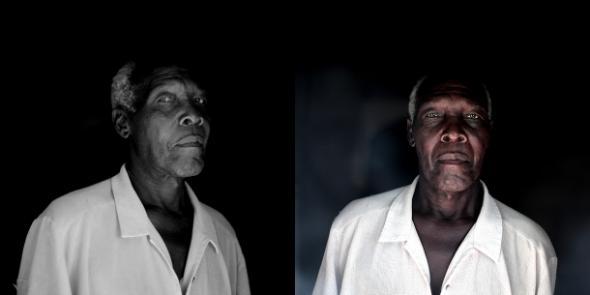
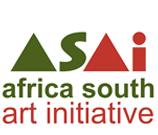
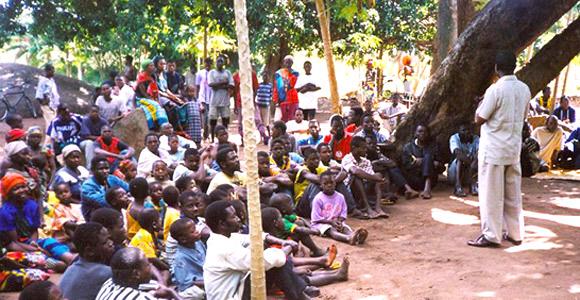 JUAN OBARRIO | JOHNS HOPKINS UNIVERSITY
JUAN OBARRIO | JOHNS HOPKINS UNIVERSITY
